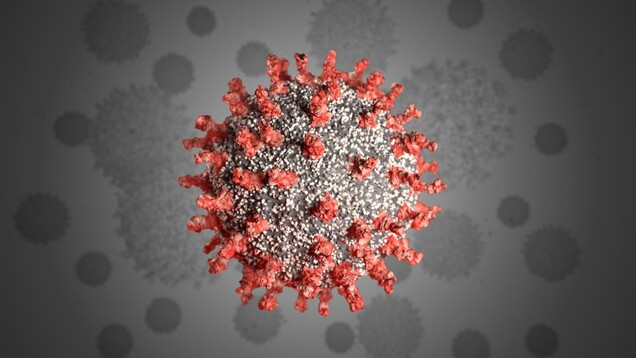- Adult Heart DiseaseDiseases of the arteries, valves, and aorta, as well as cardiac rhythm disturbances
- Pediatric and Congenital Heart DiseaseHeart abnormalities that are present at birth in children, as well as in adults
- Lung, Esophageal, and Other Chest DiseasesDiseases of the lung, esophagus, and chest wall
- ProceduresCommon surgical procedures of the heart, lungs, and esophagus
- Before, During, and After SurgeryHow to prepare for and recover from your surgery
May 27, 2020

The coronavirus pandemic has thrown into chaos our understanding of health and our ability to get care. These days, all of my patients have questions about what COVID-19 means for them. Some of their most common questions include:
What happens if I get the virus?
People with heart disease are at higher risk for complications if they get COVID-19. The virus causes lung problems which increases the workload of the heart. Most, but not all, people who have become extremely sick from COVID-19 had preexisting conditions like heart disease.
What can I do to protect myself from the virus?
Take common sense precautions to avoid getting the virus. It is important to know that people can carry and spread the virus without any symptoms. For this reason, physical distancing is important. Maintain a 6-foot distance from others, wear a mask, avoid touching your face, and wash your hands frequently. It also is recommended to limit visitors outside of your immediate household.

Is it safe to leave the house?
Avoid unnecessary trips from your home and avoid crowds, especially if you are at high risk for having complications from the virus, as are most heart disease patients. When you do leave home, take the appropriate precautions with masks and hand washing.
What can I do to stay healthy?
One of the most critical things you can do to stay healthy is to stay on top of your current medical problems. Continue taking your blood pressure, heart failure, diabetes, and cholesterol medications as they are prescribed. Monitor your blood pressure, heart rate, weight, and blood sugar if you’ve been instructed to do so. Contact your doctor if you are worried about any of these measurements. Make sure you have a 2-week supply of medications and arrange mail prescriptions, if possible.
Is it safe to go to my doctor’s office?
Many doctors’ offices have moved care to telephone and video visits when possible, but there are still important reasons to be seen in person. Your doctor will let you know when your situation can be managed over phone or video and when you should come into the office. However, be sure to let your doctor know if you feel like something has been missed. We are all trying to adjust to a new system that keeps our patients and staff safe and healthy and still meets our patients’ needs. When you do visit the office, you will likely be asked to wear a mask, be screened for the virus, and kept at a distance from other patients.
Is it safe to go to the hospital?
When you read the news, turn on the television, or scan through social media, it may appear that doctors and hospitals are entirely consumed by the virus. And in some ways, that is true. In my hospital, every nurse, doctor, technician, administrator, and staff member has mobilized to prepare for an impending onslaught of people who are sick with the virus. Elective procedures were canceled. New protocols were created for every imaginable circumstance. The focus on isolating patient with known or possible coronavirus from other people has taken center stage. These efforts have made the hospital safer for all patients with emergency medical issues, not just those with COVID-19.
But while hospitals have been singularly focused on preparing for COVID-19, most are not overwhelmed with treating the virus. It is overall safe to go to the hospital, and nearly all hospitals have plenty of capacity to care for medical emergencies. While some hospitals in the hardest hit areas of the country are struggling with resources, nearly all hospitals and emergency rooms in the US are still fully equipped to safely deal with your other health problems.
This brings us to one of the most important points. Please go to the emergency room if you are having a medical emergency. Do not delay your care because you fear catching coronavirus. The consequences of neglecting your current medical problems are much higher than the risk of catching the virus.
Many people may be staying away from the emergency room out of fear, remaining home with serious medical problems until they are in the direst circumstances. In fact, we are now learning that many people who have put off going to the doctor and the emergency room with other medical problems like heart disease end up having more complicated disease and longer hospitalizations.
Just this week, I saw multiple patients who delayed their care for weeks and have worse outcomes as a result. One man’s simple kidney infection spread to his spine and lung. Another man stayed home weeks with an out of control heart rhythm problem and may have permanent changes in his heart function.
Even though coronavirus is forefront in our minds, do not ignore symptoms of heart attack, stroke, or heart failure. Doctors and hospitals are still ready to treat all of your medical problems. Get care as soon as you have symptoms. It is so important to get diagnosed and treated early. We are still here for you!
The opinions expressed in this article are those of the author and do not necessarily reflect the views of The Society of Thoracic Surgeons.

